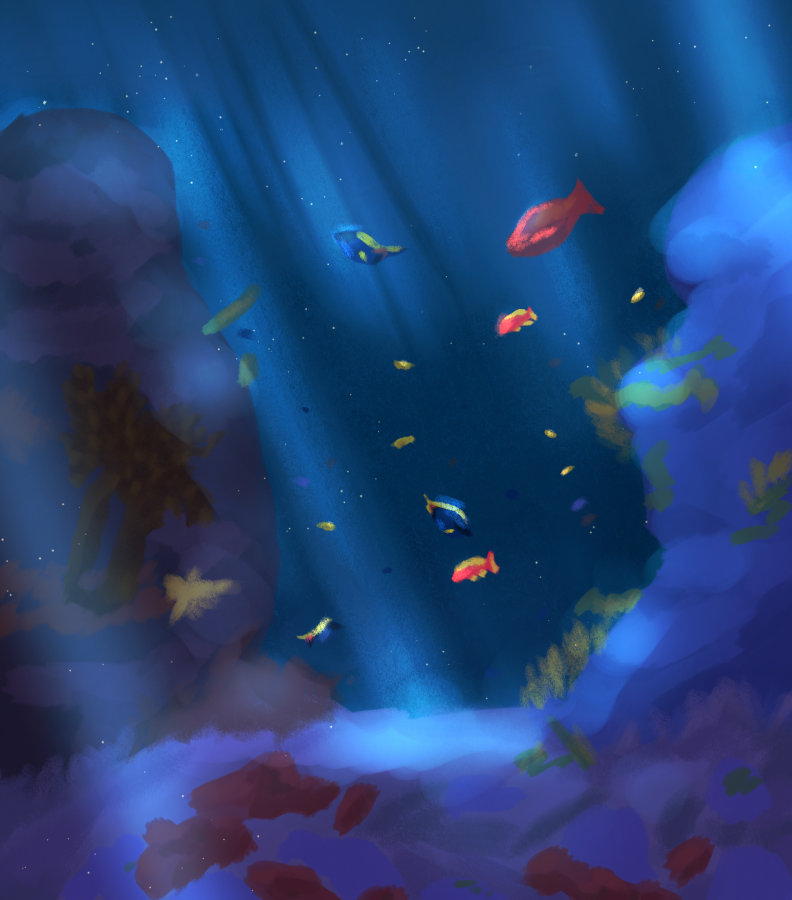UT leads project focused on exploring the deep ocean
December 15, 2021
Editor’s Note: This article first appeared as part of the November 16 flipbook.
An interdisciplinary team led by UT researchers launched a project in October focused on exploring the deep ocean. The team seeks to compile resources and work with other teams to help combat climate change.
The National Science Foundation approved a nearly $2 million grant for the project led by the Oden Institute for Computational Engineering and Sciences. With the grant, they will implement the Deep-Ocean Observing Strategy to help people understand what is going on in the deep ocean.
Patrick Heimbach, project lead and geological sciences professor, said because of logistic and technical difficulties associated with exploring the deep-sea, this project will be an opportunity to compile resources.
“Understanding what’s going on in the deep ocean is a very difficult challenge,” Heimbach said. “We’re trying to leverage all the existing ocean observing networks to better work together to coordinate and lead to an improvement of deep ocean observing at the global scale.”
The United Nations selected the project to be part of the UN Decade of Ocean Science for Sustainable Development. Throughout the next decade, the team and other teams chosen to participate will focus on several challenges posed by the UN, including how to utilize the ocean to combat climate change and protect ocean biodiversity.
Alan Leonardi, a member of the advisory board for the institute, said the project’s focus is on the ocean as a system.
“It produces half of the oxygen that we breathe; it produces enough protein to feed well over a billion people,” Leonardi said. “And let’s not forget that it’s the great carbon sequester … our lives and all of humanity are inextricably linked to the ocean.”
The project has three main themes, including requirement setting, coordination and implementation of integrated observing and translating knowledge. Heimbach said requirement setting will determine what information is essential to further their understanding of the ocean and implementation will focus on expanding their current observation systems.
Lisa Levin, one of the co-principal investigators for the project, leads the translating team and said her team’s job is to communicate why the deep sea is important to various stakeholders.
“We’re still exploring how to make deep-sea science more inclusive and diverse and equitable and make it reach a broader audience,” Levin said. “It’s been up to us to make the decisions and figure out the best modes of communication.”
Karen Stocks, lead of the data team and director of the geological center at the Scripps Institute for Oceanography, said the data team works with all three teams to make sure that the data team’s work is integrated into the project.
“I see our role as one of listening a lot and asking a lot of questions,” Stocks said. “We thought it was important that the data team not be off on the side with its own goals, but working within each of those theme groups and being really responsive.”
Heimbach said he is excited to have researchers from different disciplines come together for this project.
“I think there’s a lot of energy that you see with it … people are keen to do something, they want to be part of the solution,” Heimbach said. “I’m really looking forward to developing and tightening these networks, because whenever we talk to people, there are so many opportunities.”



